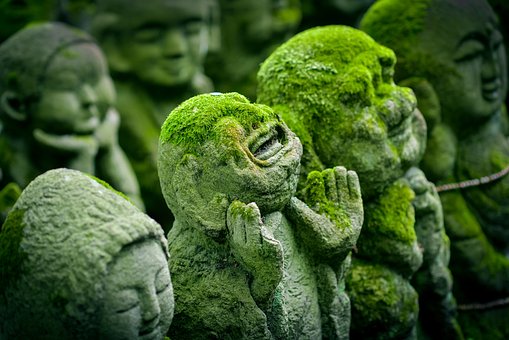“The greatest shame I know in the world is hunger”, said Elie Wiesel. Recently, the director of the World Food Programme, David Beasley, sounded the alarm: “We are facing the worst food and humanitarian crisis since the Second World War. » The threat of famine would concern hundreds of millions of people. Yemen, Afghanistan, Ethiopia, Sudan and Somalia would be on the brink of famine. Alas, among the scourges experienced by humanity in its history, none is more recurrent and increasing than famine. More than a billion people today suffer from hunger, more than five million children die of hunger each year. And in France alone, the National Committee for the Fight against Food Insecurity estimated the number of people who still do not have enough to eat at seven million.
Hunger reminds us that humanity is responsible for its own needs. It speaks both of our condition as living mortals and of our responsibility towards each other’s needs. It reminds us of our animality, of appetite as a power of life and growth, but it is also what affects our elementary dignity and can undo sociability and communal life. Hunger “forces the most disinterested man to look longingly at other people’s plates, to assess, with a heavy heart, how much the neighbour’s briquette weighs”wrote Alexander Solzhenitsyn, inThe Gulag Archipelago. We also know the provocative formula launched by the philosopher Emmanuel Levinas: “In the beginning was hunger” (Captivity notebooks). Because decent nourishment is the condition of a dignified and social life, and we cannot celebrate Creation without responding to the hunger of others, of the created being, as the first chapter of the Genesis.
The gesture of feeding those who are hungry all over the world constitutes an unavoidable duty, if not the first requirement. It is the beginning of the wisdom which presides over the creation of the world. Levinas, again, stressed that there could be no greater “spirituality” than that which consists in satisfying the hunger of others. Humanity does not live by bread alone, we read in the Torah and the Gospels, but the restrictive phrase says that without bread humanity could not claim more than bread. Responding unconditionally to everyone’s physical needs must be understood by me as a spiritual need. Levinas quotes a Lithuanian rabbi, Israel Salanter, when commenting on Abraham’s obligations to others: “The material needs of my neighbor are spiritual needs for me” (From sacred to holy, Midnight, p. 20).
The vulnerability and the hunger of others are calls addressed to us by the transcendence of others. To not answer them, without counting, without procrastinating, is to fail in our first human and spiritual duty. Maimonides (Poor Giving Laws X, 7) thus hierarchized our duties by affirming that the first level, the most in conformity with the requirements of the Torah, consists in lending, giving food or helping to find work to those who are losing their footing in their struggle for economic survival. As the verse says: “You will support him with all your strength, the foreigner or the resident (newcomer) to live with you” (Leviticus, 25, 35). Being hungry should always be the prelude not necessarily to a feast but to the “feast” of life, to sharing pleasure: “Once, if I remember correctly, my life was a feast where all hearts opened, where all wines flowed”, we read while opening A season in Hell, by Rimbaud. Hell is the bite of unsatisfied hunger, the condemnation to live outside the “feast” of life.

